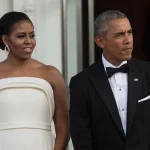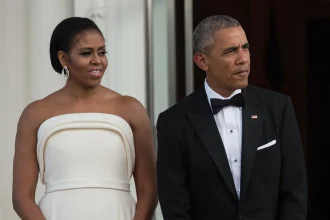A Federal High Court in Abuja has dismissed a lawsuit filed by MultiChoice Nigeria, the company behind DStv and GOtv, against the Federal Competition and Consumer Protection Commission.
Justice James Omotosho gave the ruling on Wednesday, saying that the case was wrong because a similar one was already ongoing in Lagos. The judge said MultiChoice should have continued with that case instead of filing a new one in Abuja.
In his judgment, Justice Omotosho made it clear that while the FCCPC can investigate market practices, it does not have the power to fix or stop companies from increasing their prices unless the President gives it that power through a formal document.
“No such power was shown to the court,” he added.
The judge also reminded everyone that Nigeria runs a free market economy, where companies are allowed to set their prices, and consumers are free to choose whether to pay or not.
He said, “The FCCPC acted beyond its powers when it directed MultiChoice to suspend its price increase without proper investigation and legal backing.”
He also stated that the FCCPC seemed to single out MultiChoice unfairly, especially when other pay-TV providers and streaming platforms like YouTube were not being questioned for their prices.
Justice Omotosho ruled that MultiChoice’s right to fair hearing was violated and warned that any attempt by regulatory bodies to fix prices could scare away investors and affect Nigeria’s economy.
He added, “Only the President of Nigeria has the power to control prices, and this must be done through a formal process that affects the whole industry, not just one company.”
The FCCPC had earlier stopped MultiChoice from increasing its subscription prices by up to 25% on March 1, 2025, claiming the move needed a regulatory review. But the judge said the agency went too far by issuing that directive before carrying out a proper investigation.
He also recalled a previous ruling by the Competition and Consumer Protection Tribunal in 2022, which said that MultiChoice had the right to increase its prices, and Nigerians had the option to switch to other platforms.
The court has now confirmed that MultiChoice, as a private company, cannot have its prices controlled unless the President gives specific instructions to do so, based on Nigerian laws.











